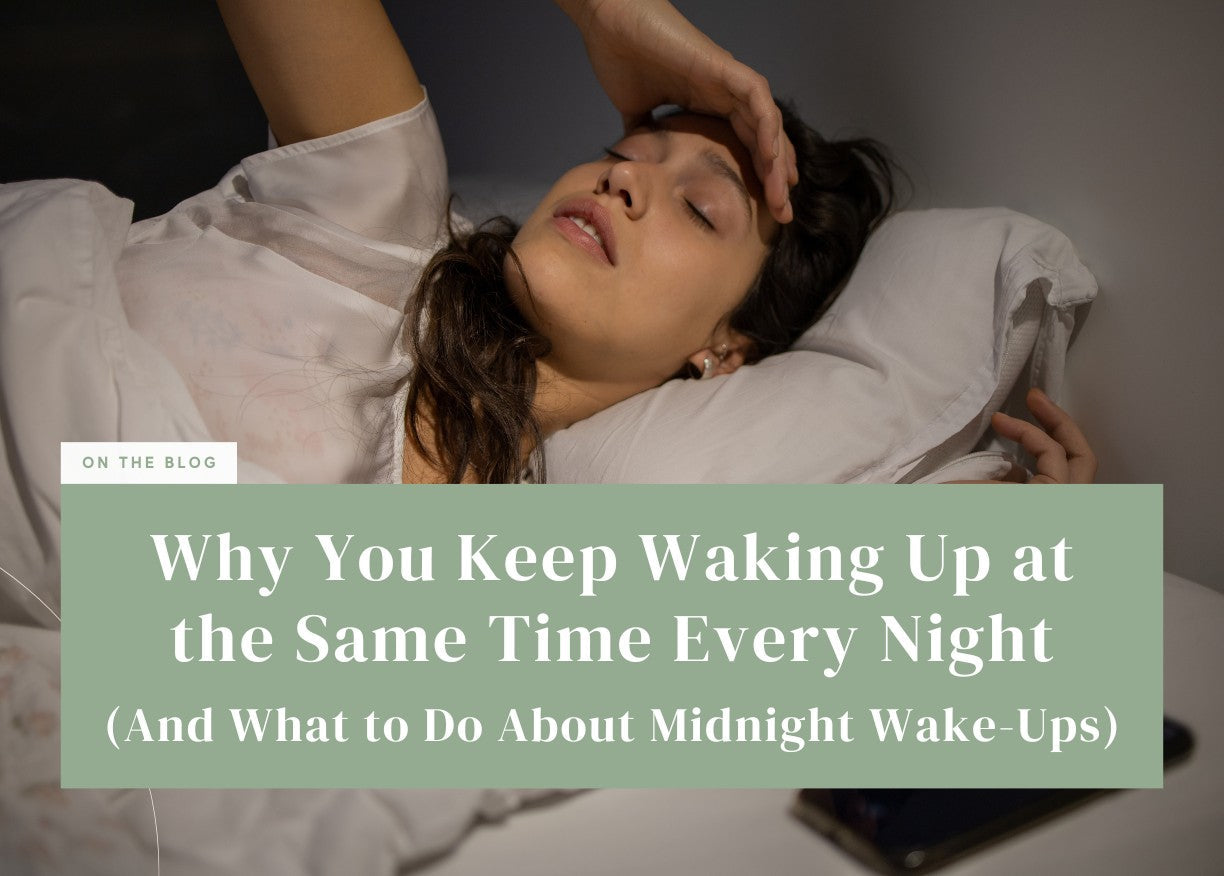Why Do We Dream? What Science (Still) Can’t Fully Explain
It usually starts in the middle of the night—
You’re flying, falling, being chased…
Or maybe something quieter: walking through a memory, talking to someone long gone, visiting a place that’s both familiar and strange.
Then you wake up.
Disoriented. Curious. Maybe even unsettled.
And you ask the question humans have been asking for thousands of years:
Why do we dream?
The Science Behind the Strange

Despite all our medical advancements, the science of dreaming is still full of mystery.
What we do know is that dreams occur mostly during the REM (Rapid Eye Movement) stage of sleep—a period when your brain is highly active, sometimes even more than during waking hours. Your body stays paralyzed, but your brain is running a movie of its own creation.
Some scientists believe dreams are how the brain processes emotions and consolidates memories. Others think they’re simply the result of random firing neurons that our mind tries to stitch together into a story. There’s even research suggesting that dreams help us problem-solve—ever gone to sleep stressed and woken up with clarity?
Still, no one knows for sure.
Emotional Detox or Mental Filing Cabinet?
One of the most respected theories comes from Dr. Rosalind Cartwright, who argued that dreams help us regulate emotions.
Think of it as an emotional detox: your brain replays recent experiences in symbolic or strange ways to help you process them without waking stress hormones.
On the flip side, neuroscientists like Dr. Robert Stickgold say dreams are more like a filing system—sorting memories, deleting what’s not needed, and reinforcing what is.
But here’s where it gets even more interesting:
You dream every night, even if you don’t remember.
And those dreams—no matter how weird—are part of what keeps your brain emotionally healthy.
So… Do Dreams Mean Anything?

This is where science and psychology part ways.
Freud believed that dreams were filled with subconscious desires. Jung thought they were messages from the soul. Today, most experts agree that while some dreams may carry personal meaning, others are simply mental noise.
But if you’ve ever had a recurring dream, or woken up from one that lingered all day, you know how powerful they can feel. Dreams are often a mirror—not of the outside world, but of your inner one.
Better Sleep = Better Dreams
If you want clearer dreams—or simply want to wake up feeling more refreshed—then improving your REM sleep is key. That means:
-
Going to bed and waking up at consistent times
-
Limiting alcohol and caffeine close to bedtime
-
Keeping your room dark, cool, and quiet
And of course, the right sleep setup helps more than you might think.
🌿 The Honey Hybrid Organic Mattress from Sweet Zzz is crafted with breathable, supportive materials that allow you to move naturally through the stages of sleep—including deeper, longer REM cycles. Pair it with our plant-based pillow for optimal neck alignment and bamboo sheets that keep your temperature regulated through the night.
Because dreaming better starts with sleeping better.
Final Thoughts
Whether you believe dreams are messages, mental filing, or just strange sleep cinema, one thing is certain:
They’re a uniquely human mystery.
One that reminds us how powerful—and strange—our minds really are.
So tonight, as you drift off, ask yourself not if you’ll dream—
—but what story your brain will tell you next.









